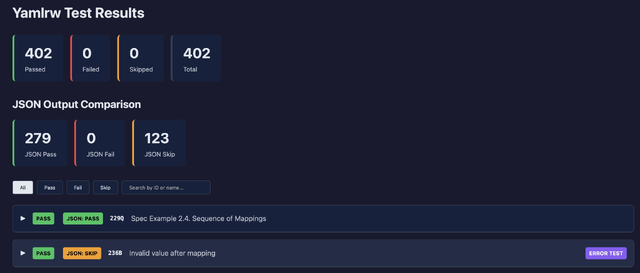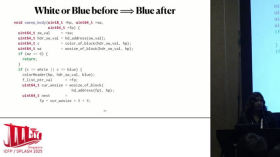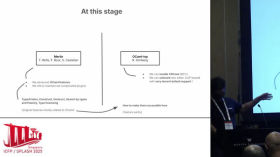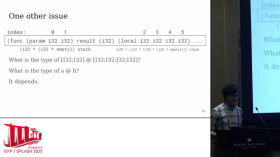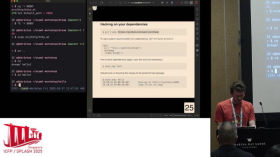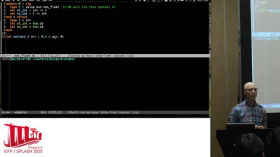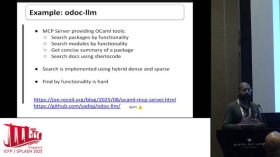Blog
The OCaml Planet RSS
Articles and videos contributed by both experts, companies and passionate developers from the OCaml community. From in-depth technical articles, project highlights, community news, or insights into Open Source projects, the OCaml Planet RSS feed aggregator has something for everyone.
Want your Blog Posts or Videos to Show Here?
To contribute a blog post, or add your RSS feed, check out the Contributing Guide on GitHub.
OCurrent has long wanted to access private repositories. You can achieve this by embedding a scoped PAT in the .git-credentials file, typically within the Docker container; however, this is untidy, to say the least! The approach presented works in cases where a GitHub app is used.
A Mechanically Verified Garbage Collector for OCaml (Video, OCaml 2025) Sheera Shamsu, Dipesh Kafle, Dhruv Maroo, Kartik Nagar, Karthikeyan Bhargavan, and KC Sivaramakrishnan (IIT Madras; NIT Trichy, Tiruchirappalli, India; IIT Madras, Chennai; II...
A New Era of OCaml Editing: Powered by Merlin, Delivered via LSP (Video, OCaml 2025) Xavier Van de Woestyne, Sonja Heinze, Ulysse Gérard, and Muluh Godson (Tarides; Tarides; Tarides; Tarides) Abstract: In an era where the number of code editors k...
Embedding WebAssembly in OCaml for Safe Program Construction (Video, OCaml 2025) Hunter DeMeyer (University of Illinois Urbana-Champaign) Abstract: WebAssembly (wasm) is a binary instruction format for a stack-based virtual machine originally des...
How the OCaml Community Established Its Code of Conduct (Video, OCaml 2025) Sudha Parimala (Tarides) Abstract: The OCaml language has been open source since its inception. Originating at INRIA nearly three decades ago, the OCaml ecosystem has had...
OCaml Package Management with (only!) Dune (Video, OCaml 2025) Stephen Sherratt, Marek Kubica, and Rudi Grinberg (Tarides; Tarides; OCaml Labs) Abstract: The OCaml build system Dune keeps track of a project’s dependencies on external software pac...
Taming the Flat Float Array Optimization: Tracking Separability in the Type System (Video, OCaml 2025) Diana Kalinichenko, and Richard A. Eisenberg (Jane Street; Jane Street) Abstract: OCaml’s flat float array optimization stores floating-point v...
Three steps for OCaml to crest the AI humps (Video, OCaml 2025) Sadiq Jaffer, Jonathan Ludlam, Ryan Gibb, Thomas Gazagnaire, and Anil Madhavapeddy (University of Cambridge; University of Cambridge; University of Cambridge; Tarides; University of C...
Toward a More Secure OCaml Ecosystem (Video, OCaml 2025) Maksim Grankin (Bloomberg) Abstract: To meet the growing security expectations of industrial users and open source contributors alike, the OCaml Software Foundation (OCSF) has launched the ...
